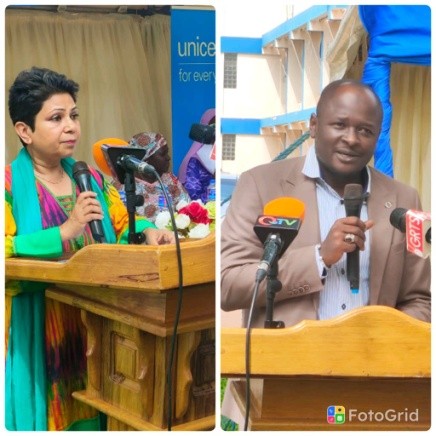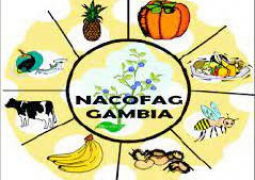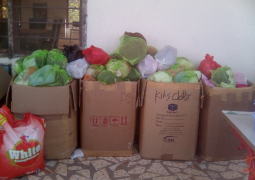
Speaking at the event on Wednesday, 27th August, Abdul Aziz Ceesay, Director of the Social and Behavioural Change Communication Directorate at NaNA, underscored the urgent need to prioritise breastfeeding as a climate-conscious alternative to artificial infant feeding. He noted that the supply chains for formula milk contribute significantly to environmental degradation through pollution, packaging waste, and carbon emissions.
“Breastfeeding is natural, renewable, and environmentally safe. It is produced and delivered without pollution, packaging, or waste, making it a sustainable solution that benefits both the planet and its people,” Director Ceesay stated.
This year’s theme, “Prioritise Breastfeeding: Create Sustainable Support Systems,” places a spotlight on the intersection of infant nutrition and climate change. It calls for robust support structures that empower mothers and families to embrace breastfeeding, even in challenging circumstances.
Ceesay introduced the concept of the Warm Chain of Support for Breastfeeding, which connects key actors across national, health, workplace, and community levels. He emphasised that coordinated efforts are essential to creating breastfeeding-friendly environments that centre the needs of both mother and child.
“Breastfeeding can be difficult when parents are not fully informed or supported. The Warm Chain ensures that every link from policy to practice, works together to uphold the rights and wellbeing of families,” he explained.
The World Breastfeeding Week initiative, established by the World Alliance for Breastfeeding Action, WHO, and UNICEF, promotes early initiation, exclusive breastfeeding for the first six months, and continued breastfeeding up to two years or beyond.
Ceesay reiterated its health benefits, including protection against pneumonia, improved nutrition, reduced food insecurity, and enhanced child development.
UNICEF-Gambia representative Nafisa Binte Shafigue echoed these sentiments, describing breastfeeding as “the first vaccine, the first food, and the first bond.”
She highlighted its ability to prevent half of diarrhoeal episodes, reduce respiratory infections, boost brain development, and protect mothers from certain cancers.
“If we want breastfeeding to succeed, support must begin with fathers,” Shafigue said. “Men are the first layer of the support system. When fathers champion breastfeeding by encouraging, sharing responsibilities, and shielding mothers from pressure, success becomes possible.”
Shafigue also celebrated recent milestones in improving Infant and Young Child Feeding practices at both facility and community levels. She advocated for stronger workplace protections, including six months of paid maternity leave, breastfeeding breaks, and private spaces for feeding.
The ceremony concluded with a renewed commitment from stakeholders to strengthen support systems and promote breastfeeding as a cornerstone of public health and environmental sustainability in The Gambia.





